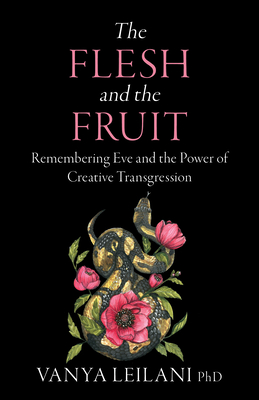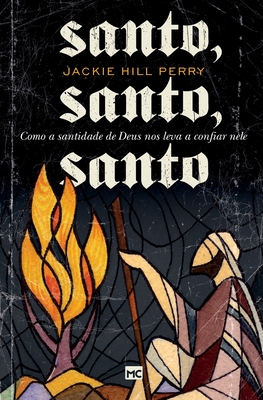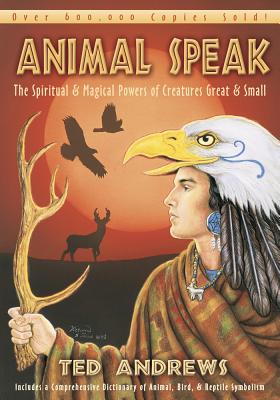
Leilani, Vanya
product information
description
eilani uncovers what is hidden in its shadows: the Goddess in the Garden. Part mythological exploration, cultural commentary, and personal memoir, the book explores ways of being and knowing that have long been exiled in patriarchal consciousness. During a time when unruly questions were disrupting her devotion to the religion of her youth, Vanya Leilani encountered Eve--not the literalized Eve that has for so long been a stand-in for every (fallen and guilty) Woman, but the mythic and archetypal Eve that shows us something about our deep lives. In the shadows of her questions, Vanya met the Eve that transgressed and became like the gods: sovereign and knowing. Vanya Leilani remembers the story of Eve in the Garden of Eden, not only exposing the harmful ways it has been used but, more importantly, also uncovering what is hidden in this story: the Goddess in the Garden, along with her ways of being and knowing. The original transgression, that has for so long been used as proof of our fallenness and depravity, emerges as a powerful creative act toward freedom, knowing, and sovereignty. The Flesh and the Fruit is an invitation for us to learn to live more freely in our nature, to believe in our beauty and inherent worth rather than in a poisonous tale of our fallenness and depravity, and to challenge the hierarchical systems of power that sever us from ourselves, from each other, and from the Earth. It is an invitation for us to step into the center of our own circles and to live from our own wild knowing.
member goods
No member items were found under this heading.
Return Policy
All sales are final
Shipping
No special shipping considerations available.
Shipping fees determined at checkout.







